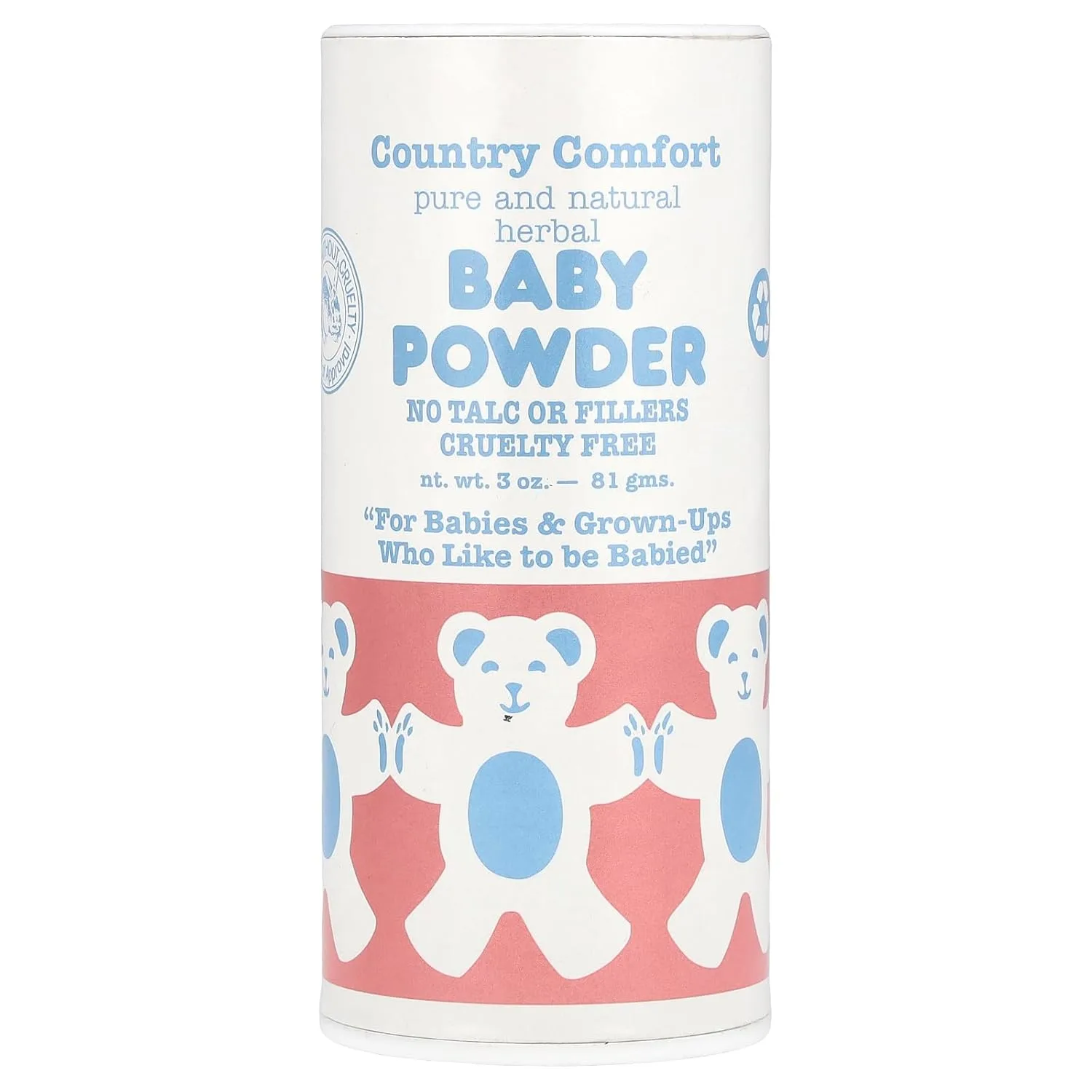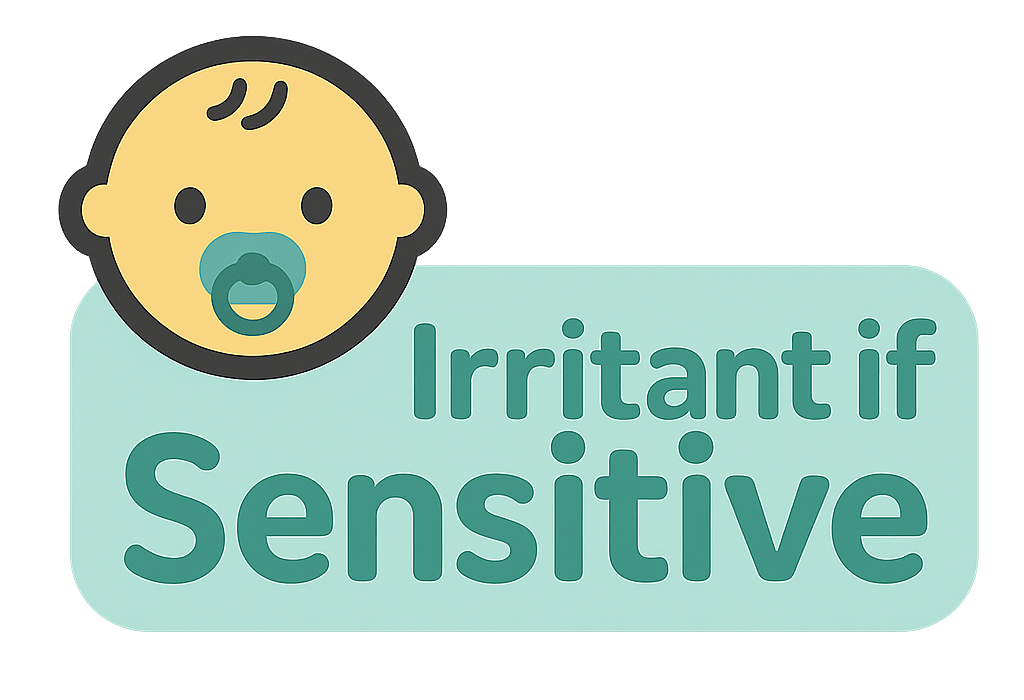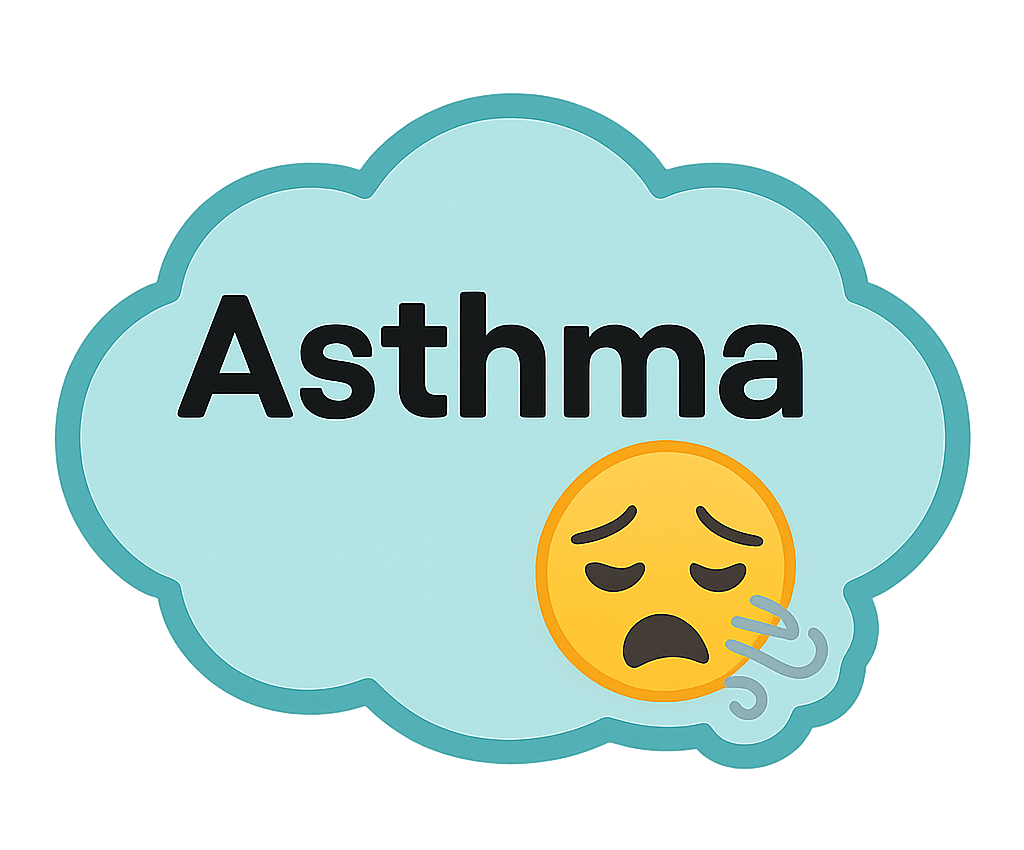Country Comfort herbal BABY POWDER
baby powder • For 0-6 month old infants • Skin contact 🧴
Product Images
Product Photo

Tap to enlarge
Ingredient List

Tap to enlarge
Is this safe for 0-6 month old newborns to use Country Comfort herbal BABY POWDER?
Check for Different Age (6 available)
Ingredients Analysis (9 found)























Common Questions About Country Comfort herbal BABY POWDER
Is this newborn-safe? Country Comfort herbal BABY POWDER
Country Comfort herbal BABY POWDER is not recommended for 0-6 month old babies due to potentially harmful ingredients.
What ingredients should I watch out for?
We analyzed 9 ingredients in Country Comfort herbal BABY POWDER. 2 avoid, 3 concerning. Check the detailed analysis above for specific concerns.
When can newborns start using baby powder?
The appropriate age depends on the specific ingredients. This analysis is for 0-6 month old babies. Use the age selector above to check other ages.
⚠️ Important Disclaimers
Product Recognition: Product names are identified programatically and may be incorrect. Always verify product identity yourself.
Safety Analysis: Evaluations are for research only - consult pediatricians for medical decisions. Do not rely solely on this analysis.
No Guarantees: Results may be incomplete or inaccurate. Do not rely solely on this analysis.